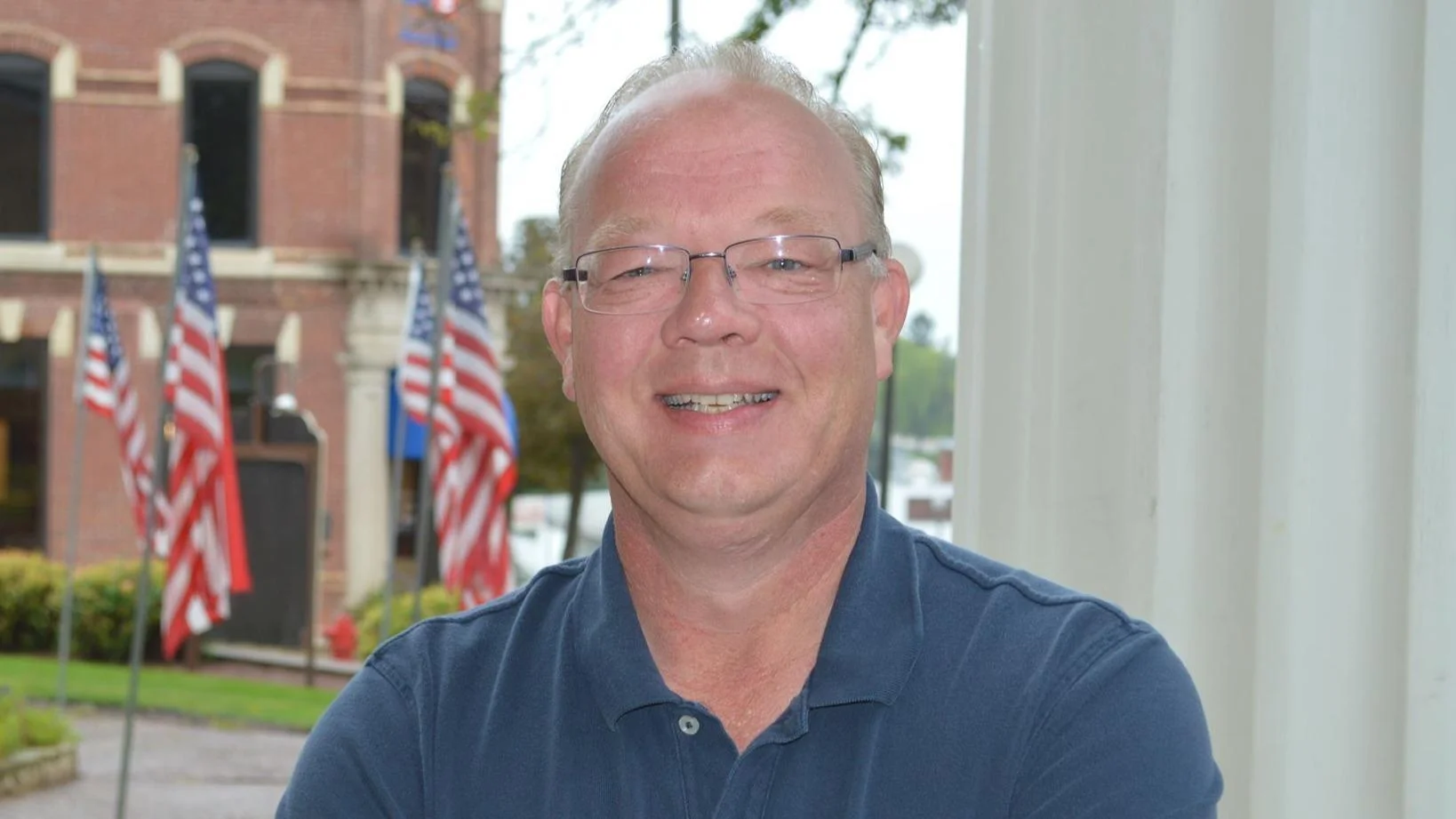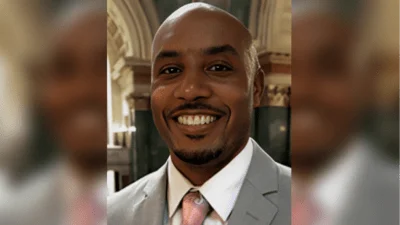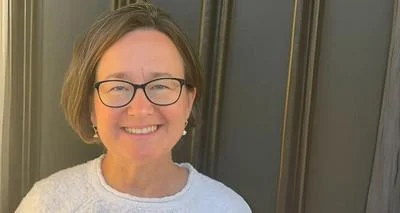Todd Novak, Wisconsin State Representative of 51st District | Facebook
Todd Novak, Wisconsin State Representative of 51st District | Facebook
According to the Wisconsin State Legislature's official website, the bill was described as follows: "providing safe drinking water in public and private schools. (FE)".
The following is our breakdown, based on the actual bill text, and may include interpretation to clarify its provisions.
In essence, this bill mandates the development of a drinking water management plan by public and private schools, due approximately 15 months after the bill becomes law. The plan must outline locations for filtered bottle-filling stations and faucets, with each school required to provide at least one filling station per 100 occupants. Water outlets for non-consumable purposes must be identified, and unfiltered water outlets for consumption must be shut off. The bill also establishes testing schedules for lead and other contaminants like PFOA and PFOS. If contaminants exceed certain levels, schools must notify parents and the Department of Public Instruction (DPI) and devise a remediation plan. By Aug. 1, 2027, schools must have the required stations installed and non-compliant outlets turned off. New installations of non-filtered drinking fountains will be prohibited 15 months after the bill becomes law. The DPI is tasked with providing templates and training and may offer grants for compliance costs, though funding must be requested separately from the Joint Committee on Finance.
The bill was co-authored by Senator André Jacque (Republican-1st District), Representative Elijah R. Behnke (Republican-6th District), Representative Bob G. Donovan (Republican-61st District), and Representative Ron Tusler (Republican-3rd District).
Todd Novak has authored or co-authored another 17 bills since the beginning of the 2025 session, with none of them being enacted.
Novak, a Republican, was elected to the Wisconsin State Assembly in 2015 to represent the state's 51st Assembly district, replacing previous state representative Howard Marklein.
In Wisconsin, the legislative process starts when a senator, constituent, group, or agency proposes an idea for a bill. After drafting, the bill is introduced, numbered, and referred to a committee for review and public input. If approved, it moves through three readings and votes in both the Senate and Assembly. Once both chambers pass the same version, the bill goes to the governor, who can sign it, veto it, or let it become law without a signature. Only a small share of bills introduced each session ultimately become law. You can learn more about the Wisconsin legislative process here.
| Bill Number | Date Introduced | Short Description |
|---|---|---|
| AB129 | 03/13/2025 | Providing safe drinking water in public and private schools. (FE) |
| AB120 | 03/11/2025 | Positions for the Office of School Safety. (FE) |
| AB118 | 03/11/2025 | A transition to grazing pilot program and making an appropriation. (FE) |
| AB54 | 02/24/2025 | Utilization management controls for antipsychotic prescription drugs under the Medical Assistance program. (FE) |
| AB22 | 02/06/2025 | Limitations on the total value of taxable property that may be included in, and the lifespan of, a tax incremental financing district created in the city of Middleton. (FE) |
| AB1 | 01/31/2025 | Changes to the educational assessment program and the school and school district accountability report. (FE) |





 Alerts Sign-up
Alerts Sign-up